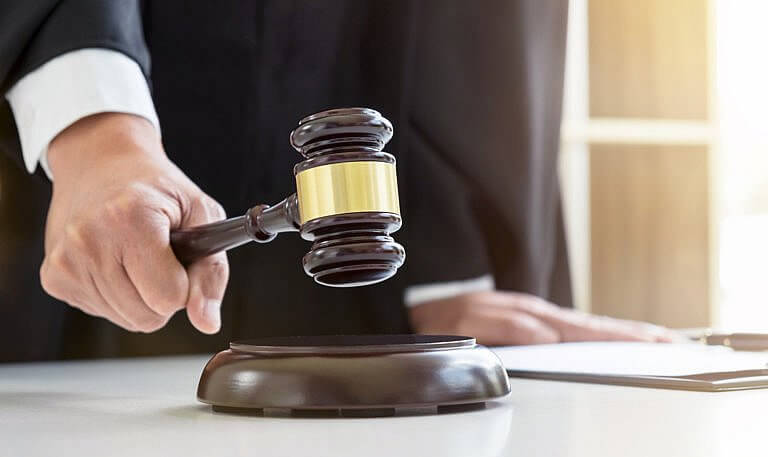If you have been charged with a crime, you will have to make a very big and very serious decision. This decision is whether or not you want to enter a guilty plea. There are many factors to take into account when making this choice. Hiring a knowledgeable criminal defense attorney as soon as possible is one of the best ways to protect yourself. If you choose to plead guilty, you should be aware of what to expect.
What to Expect During a Guilty Plea
A plea is the defendant’s response to criminal charges levied by the prosecutor during arraignment. In most cases, a defendant will enter a not guilty plea at arraignment, and a guilty plea only after thorough consultation with an attorney and extensive plea bargaining. It is rarely, if ever, advisable to admit guilt at your arraignment. A plea bargain is a mutually agreed-upon arrangement between the prosecution and the defense where the defendant usually agrees to plead guilty, but to a lesser offense, a lesser sentence, or a lesser offense with a lesser sentence. In such a case, the prosecutor is able to secure a guilty plea and the defendant avoids being convicted of the more serious offense and/or being punished more severely. An overwhelming amount of criminal cases in the state of New York, and in states across the U.S., reach a resolution prior to trial through a negotiated plea deal.
It is important to understand what comes with a guilty plea. Every criminal defendant is constitutionally guaranteed the right to due process and a speedy jury trial. But when you enter a guilty plea before a judge, in open court, and under oath, you are waiving your right to a trial. This means that no judge or jury will decide the factual or legal issues of your case. You will have no opportunity to cross-examine witnesses in your case. You are admitting guilt and will skip right to receiving your sentence.
It is your decision alone whether to enter a guilty plea or not. Your lawyer is there to advise you, but nobody can force or direct you to plead guilty. Once you enter a guilty plea, it is difficult to come back from. In rare cases, you may be able to file a motion to withdraw your guilty plea. Essentially, this means you are asking the judge for permission to take back your guilty plea. You may also be able to appeal your conviction, but only on narrow legal issues or where good cause is shown. Good cause for an appeal may be something like the defendant failed to understand the charges. Another good cause would be in cases where the defendant was not informed of their Constitutional rights, including the right to trial and the right to defense counsel.
New York Criminal Defense Attorneys
Entering a guilty plea is an important decision and can have serious implications for a criminal defendant. While it may be the best option for some defendants, it is not always the right way to go. If you have been charged with a criminal offense, talk to the dedicated criminal defense team at CDH Law. Time is of the essence with these matters. The sooner you discuss your legal rights and options with trusted criminal defense counsel, the better. These are decisions that will affect your future. They can affect how much you will pay in fines, how much jail time you face, and having a criminal record can affect your future ability to secure housing and gainful employment. Do not go it alone. Contact us today.



